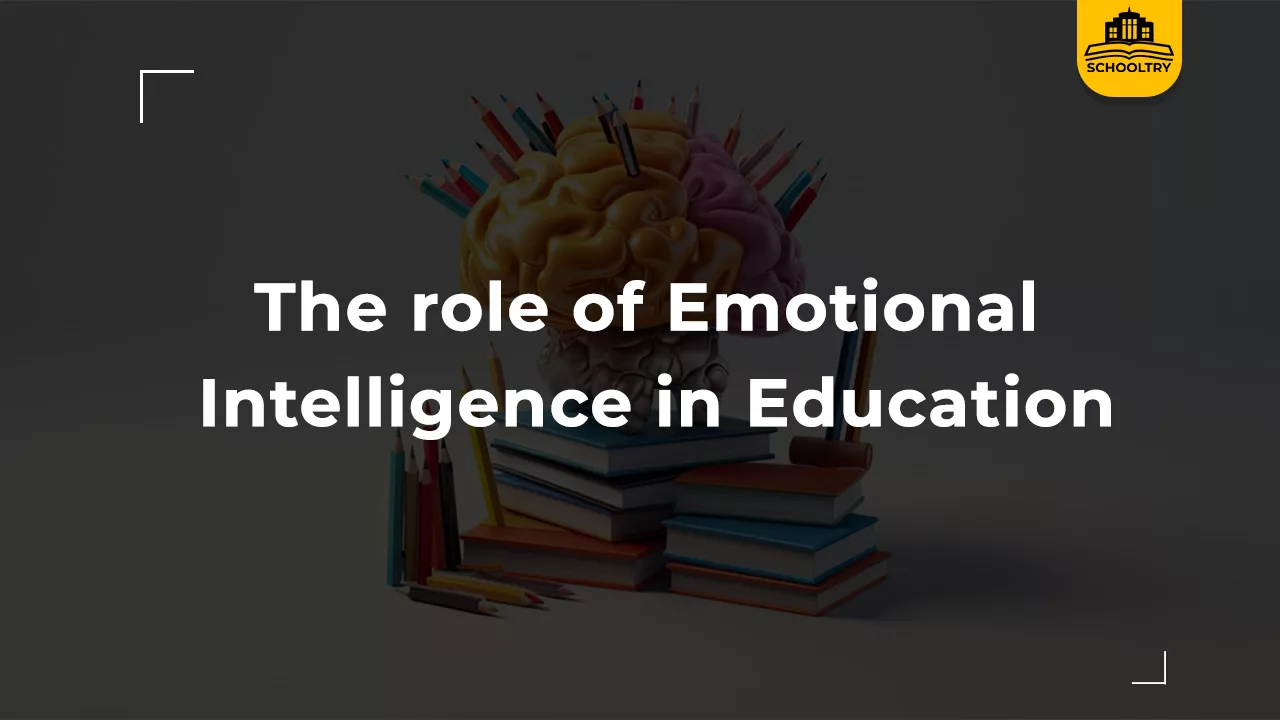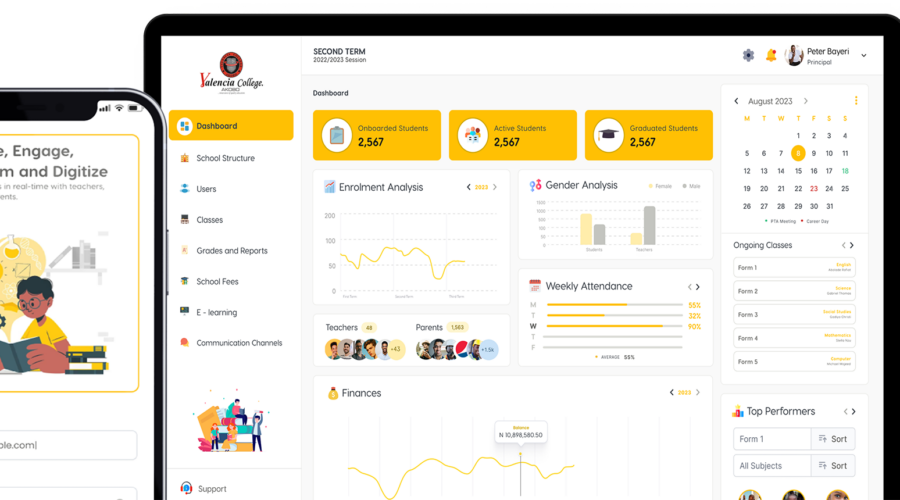One of the most widely studied concepts on the internet today is emotional intelligence. Everyone needs to understand the role of emotional intelligence in education. Moreover, it is the ability to understand your own emotions and the emotions of others. In understanding Education and how it can affect feelings and emotions, we also have to understand the basis of emotional intelligence.
What is Emotional Intelligence?
Emotional intelligence (EI) is the ability to perceive, use, understand, manage, and handle emotions. People with high emotional intelligence can recognize their own emotions and those of others. They use cipf-es.org emotional information to guide thinking and behaviour.
They discern between different feelings and label them appropriately, adjust emotions to adapt to environments.
Although for the first time in 1964,the term came to be in use. In the 1995 bestselling book Emotional intelligence by science journalist Daniel Goldman. Goldman calls EI as the array of skills and characteristics that drive leadership performance. Emotional intelligence refers to the ability to perceive, control, and evaluate emotions. Some researchers suggest that emotional intelligence can be very useful when learning or studying human behaviour, while others claim it is an inborn characteristic.
Various models are to measure EI. In 1987, Keith Beasley first has the term Emotional Quotient (EQ), the Intelligent Quotient after (IQ).The trait model, by Konstantinos V. Petrides in 2001, focuses on self reporting of behavioural dispositions and abilities.The ability model, by Peter Salovey and John Meyer in 2004, focuses on the individual’s ability to process emotional information. After which they will use it to navigate the social environment. Goleman’s original model may now be a model that combines what is now being put in place separately as ability EI and trait EI.
The most recent research of EI focuses on emotion recognition. This refers to the attribution of emotional states on observations of visual and auditory nonverbal cues. In addition, neurological studies have sought to characterise the neural mechanisms of emotional intelligence.
Other Studies show that people with high EI have greater mental health, job performance and leadership skills. It is typically in line with empathy because it involves a person connecting their personal experiences with those of others. Since its popularisation in recent decades. However, methods of developing EI have become widely sought by people seeking to become more efficient. Let us take a brief overview of how Emotional Intelligence came to be.
History of Emotional Intelligence
The concept of Emotional Strength was introduced by Abraham Maslow in the 1950s. The term “emotional intelligence” seems first to have appeared in a 1964 paper by Michael Beldoch. And in the 1966 paper by B. Leuner. “Emotional Intelligence and Emancipation” which appear in the psychotherapeutic journal Practice of child psychology and child psychiatry.
In 1983, Howard Gardner Frames of Mind: The Theory of Multiple Intelligences introduces the idea that traditional types of intelligence, such as IQ, fail to fully explain cognitive ability. He believes in the idea of multiple intelligence which includes both interpersonal intelligence. That is (the capacity to understand the intentions, motivations and desires of other people). And intrapersonal intelligence (the capacity to understand oneself, to appreciate one’s feelings, fears and motivations)
Role of Emotional Intelligence in Education
01. Communication:
Initiating open conversations and discussions among students helps to improve their understanding of EI. Emotional intelligence is a very attractive trait. It helps both the students/learners and the teachers to be able to relate with empathy and compassion.
02. Empathy:
With the help of Emotional Intelligence, students are able to understand their emotions while also learning about the emotions of others. It also makes it easier for students to think outside the box. Students are able to act rationally while looking at issues from another person’s point of view. Although some students may be temperamental but others who understand EI will be able to relate with them with empathy and love.This is vital when it comes to building good relationships among students.
03. Self Awareness:
Emotional intelligence contributes to self-awareness by encouraging individuals to recognize and understand their own emotions, thoughts, and behaviors. This self-awareness helps them identify their strengths and areas for growth, leading to a clearer understanding of their values and motivations. By acknowledging and processing their emotions, people with high emotional intelligence can make more informed decisions and take actions that aligns with their personal goals and values.
Conclusion
Emotional Intelligence, no doubts, will always help you to improve your personal and professional triumphs in life. It also helps people to build stronger and better relationships with others. It improves individual communication skills and allows you to make healthy choices.
In our world of today, you need to be emotionally intelligent to be able to navigate through certain situations and understand how others feel. This is not only applicable to your education but also your life experiences. You need to be able to put yourself in others’ shoes and see things from their perspective.
In a world where technology also helps to build our intelligence and understanding of life. You can consider signing up with SchoolTry, an EdTech platform that helps to automate, transform and digitise your school work. Click here to sign up for free.




